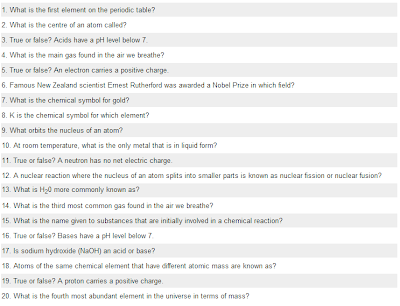DROPBOX.COM DAN BOX.NET
Untuk kali ini satu pembelajaran baru diperolehi pada Kursus Asas Pembinaan Blog. Saya telah mengetahui mengenai Dropbox dan Box.net. Satu lagi contoh perisian percuma di internet yang boleh digunakan untuk menyimpan gambar, video, dokumen dan juga fail dimana-mana sahaja. Yeah!!! Ini bermaksud terdapat satu lagi perisian yang dapat memudahkan kerja kita semua. Jom kita membuat akaun di dalam kedua-dua perisian ini untuk memudahkan kita mengakses semua fail-fail kita.

















